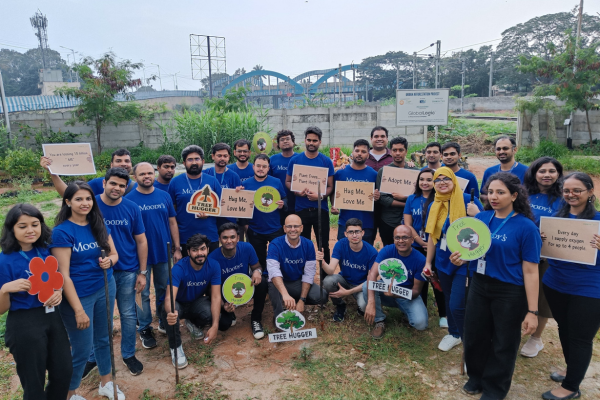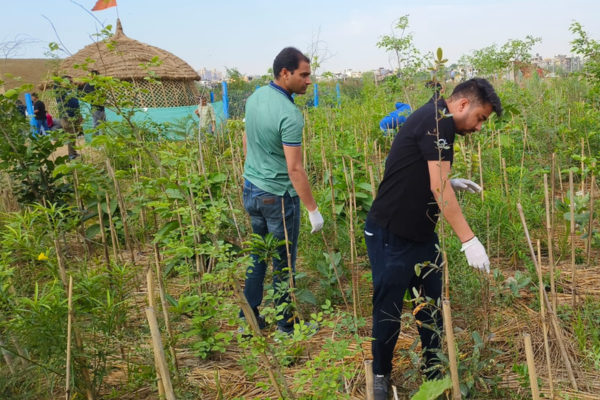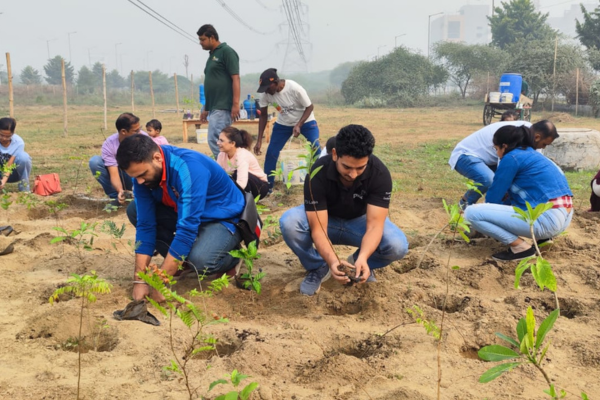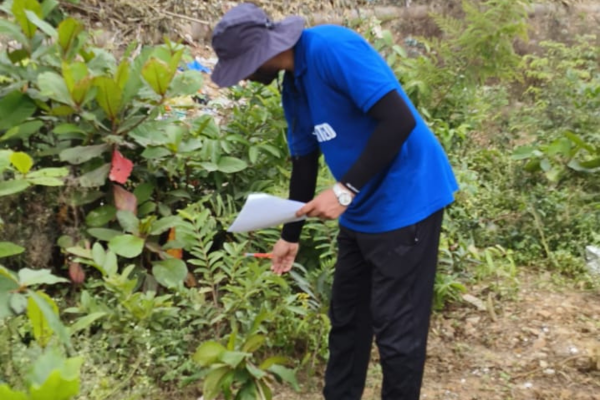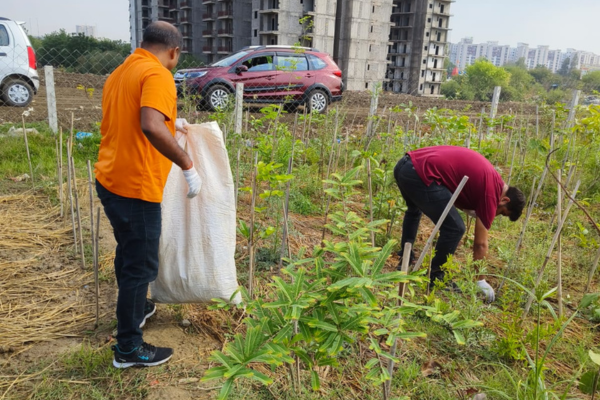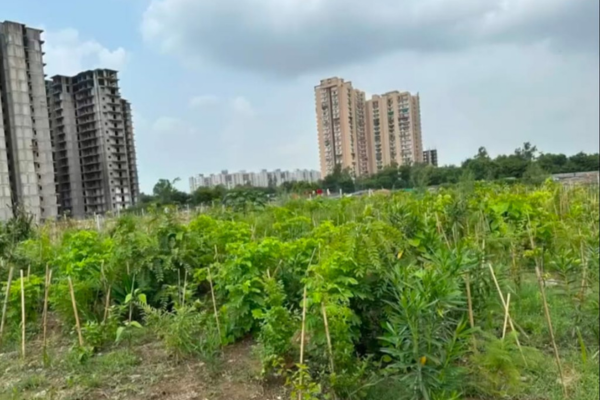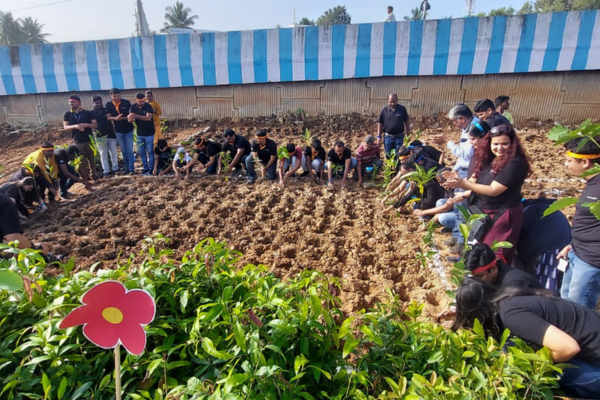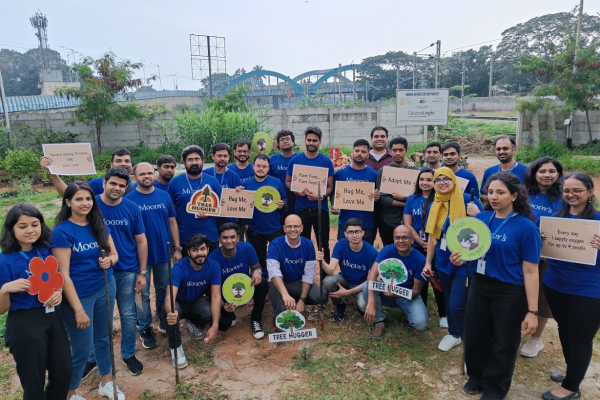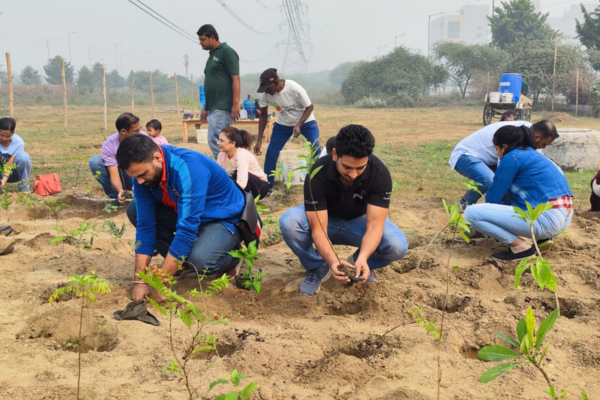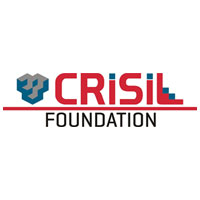THE NEED
Forests
play an extremely important role in ensuring ecological balance and the
existence of life on the earth. As per government estimates, India's total
forest and tree cover now stands at 80.73 million hectares—roughly 24.5% of its
geographical area. This is far from the target of 33%, which India has
committed to raise to by 2030. We also
continue to lose forest cover at a rapid pace due to development projects and
encroachment. With 5 trees per human against the prescribed ratio of 7 trees
per human, there is an increasing need to build back the forest cover in our
cities.
Source - Livemint | Downtoearth
SOLUTION
In an attempt to build back the forest cover, we undertake plantation drives across the country. Dense and Miyawaki plantation are two types of afforestation methods deployed basis the availability of land.
Forests grown under the Miyawaki method grow 10 times faster, they are 100 times more biodiverse and have 30 times more green surface. The Miyawaki method of afforestation involves the planting of a number of different types of trees close together in a small area. The method works well in cities and places where there is less available land for plantation of forests.
Dense plantation is preferred in large pockets of land. This type of plantation retains more ground water and recharges the ground water table. It attracts more birds and insects, produces native fruits and improves air quality.
The plantation involves the following key steps:Mulching is done to prevent soil dryness, erosion on steep slopes, weed growth, to protect seedlings against cold, and act as manure as materials decompose.

